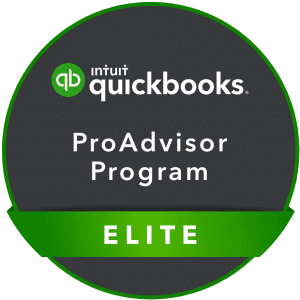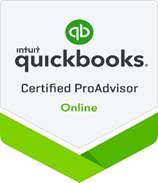NOTE: This article is reprinted with permission from Mr. Archer of NCET.
We’ve just wrapped up the college business plan competition season with the Tri-State Donald W. Reynolds Cup competition in Las Vegas. (Where the Nevada teams swept the graduate competition, but I digress.)
You might wonder why NCET places such emphasis on business plans and the business planning process for college students. The answer is that most college graduates will either start their own business, or far more likely, go to work in someone else’s business. And every one of those businesses needs a business plan.
While many people think a business plan is needed only if you’re seeking investors or bank loans, in reality, it’s the business owner that needs the business plan. You wouldn’t drive to Florida without a map, or put an addition on your house without a blueprint, or even bake a cake without a recipe, and you shouldn’t have a business without a business plan. It’s your “road map” to business success, or in this economy, survival. For most business owners, the true value of the business plan is the thinking and planning they put into it. The business plan document is merely a piece of paper on which you’ve summarized your thought process, ideas, plans and decisions.
Let’s look at just a few of the key elements of your business plan:
Service or Product: What do you sell? Why do your customers buy it? What problem do you solve for them? Why is your product or service superior to those offered by your competitors?
Market and Competition: To whom do you sell your product or service? How large is the market? What percentage of that market do you need to succeed? How much competition do you have? (BTW, the answer to that question is NEVER “I don’t have any competitors.”)
Organization and Management: Most small business owners wear many hats and are responsible for marketing, IT, Human Resources, accounting, etc. But few people are really experts in all those areas. Will you supplement your own skill set by hiring employees, using contractors or by outsourcing?
Marketing and Sales: How do you plan to market your business? What is your sales strategy? Are you handling all the sales? If you don’t like to sell (and many small business owners don’t) who WILL sell for you?
Financial Projections: At a minimum, you’ll need quarterly and annual projections for profit-and-loss, cash flow and your balance sheet. Once your plan is complete, you’ll need to review these regularly and confirm that you’re on target. If you’re not, your plan will help you understand why you’re not.
You can learn more about business plans at the Nevada Small Business Development Center (www.NSBDC.org) or the US Small Business Administration’s website (sba.org).
Dave Archer is President and CEO of NCET – Nevada’s Center for Entrepreneurship and Technology (www.NCET.org)









